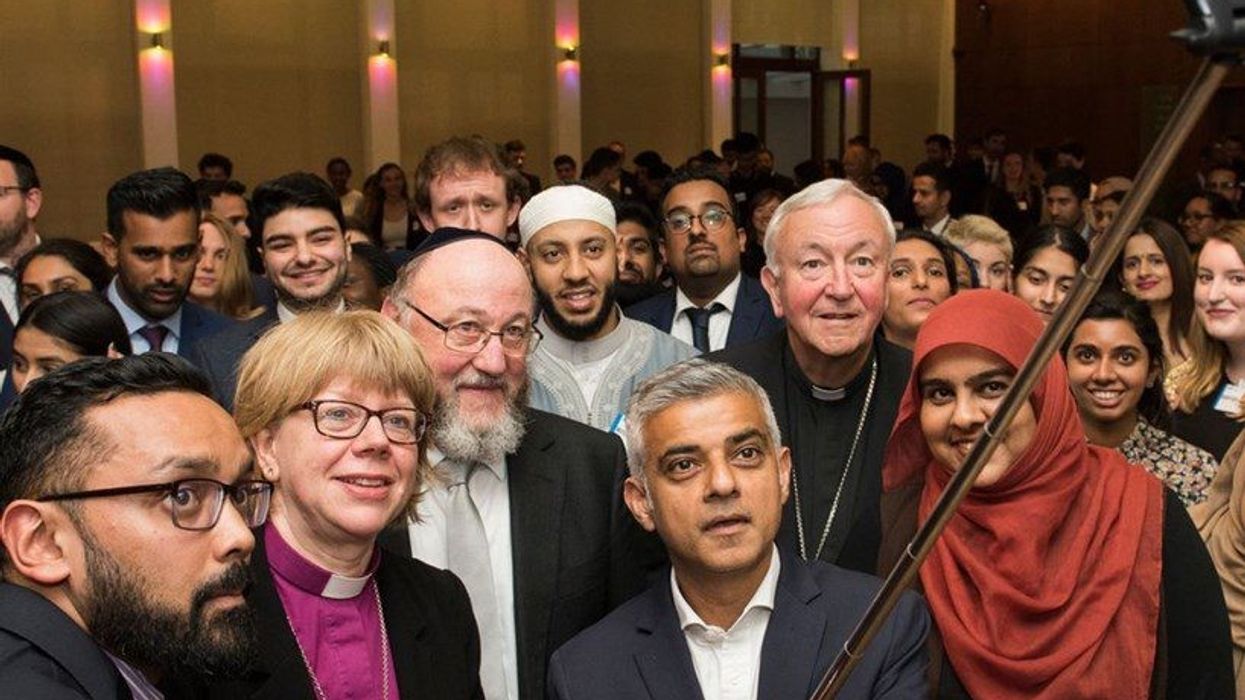London Mayor Sadiq Khan said he is looking forward to sharing the joy of Ramadan with non-Muslims now that the pandemic restrictions are over.
Khan will be taking part in a number of iftar gatherings with interfaith leaders and people from different religious backgrounds with the aim of 'building togetherness'.
“One of the the things I missed during the pandemic is doing iftar together - that sense of togetherness when you break your fast together” he told Eastern Eye.
“We’re lucky since I’ve been Mayor we’ve managed to do many interfaith iftars, which I’ve missed. But this year we are going to some iconic iftars at some iconic venues.
“We are going to make history on Monday, working with the Naz Legacy Foundation, we are going to have iftar at the Tower of London with a number of leaders from other religions, including the chief rabbi (Ephraim Mirvis) from the Jewish faith, Cardinal Vincent Nichols from the Catholic community, Imam Mohammed Mahmud from the East London Mosque, and many, many others.
“That's one of the great things about London, you get to open your fast with non-Muslims. And what's changed from when I was growing up, is now many non-Muslims know about Ramadan, they know about fasting. That's lovely.”
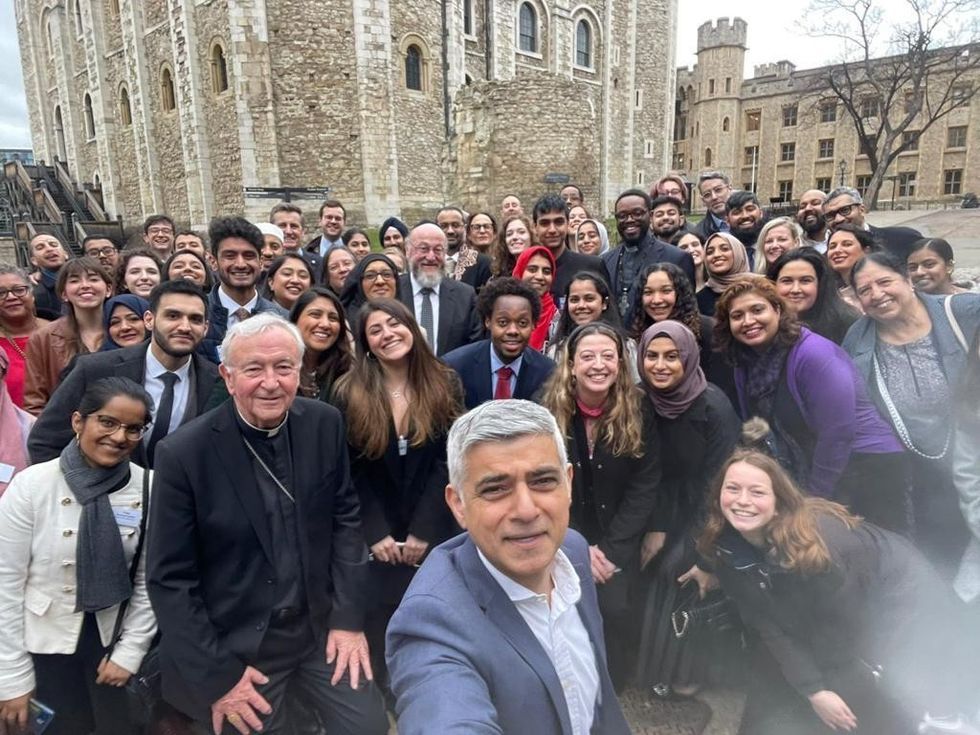
There are 3.4 million Muslims in the UK, with 1.26 million living in London. Muslims make up 5.9 per cent of the population of England.
During the month of Ramadan, Muslims embrace a number of rituals, which include fasting from the hours between sunrise to sunset, increasing in prayers at the mosque, read the Quran from start to finish and giving money to charity.
Khan, as a practising Muslim, believes that as a minority community, it is important to explain to the 'majority community' what Islam is about as way to 'respect and embrace' each other’s religions.
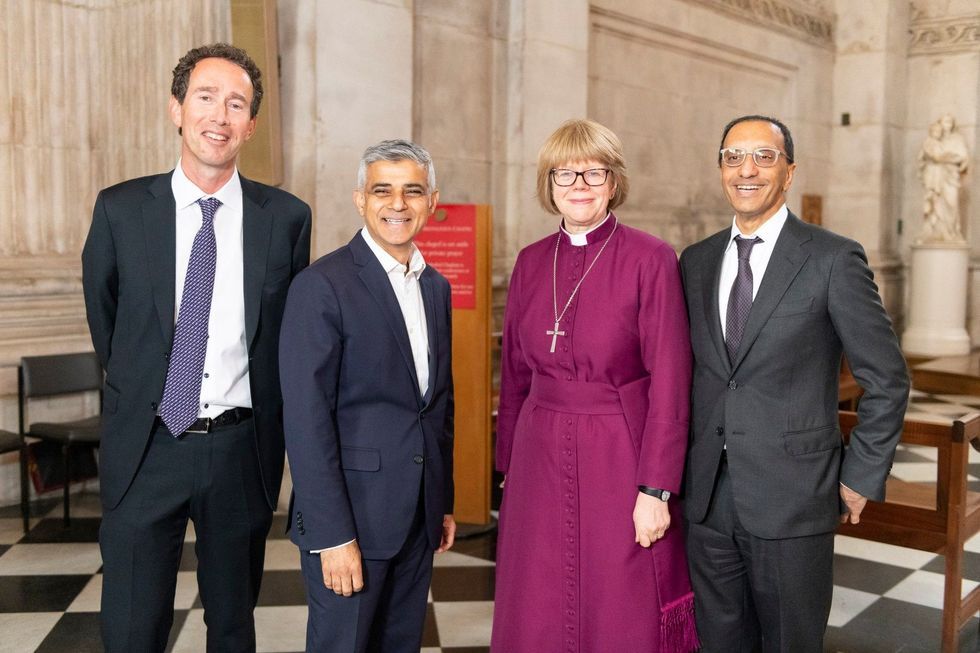
“One of the things about London is, we don't simply tolerate different religions, we respect them, we celebrate them, we embrace them. And you know, I like learning about other religions and I like sharing about my religion,” he said.
“One of the things about our religion that we forget sometimes is, even during the time of the Prophet Muhammad (peace be upon him), we weren't advised to stay separate, we were advised to mix and mingle. There's of course the famous ayat from the Quran, which translates to ‘I've created different nations and tribes, so you may get to know one another’. And Ramadan is a good opportunity to get to know different communities. It's one of the lovely things about London.”
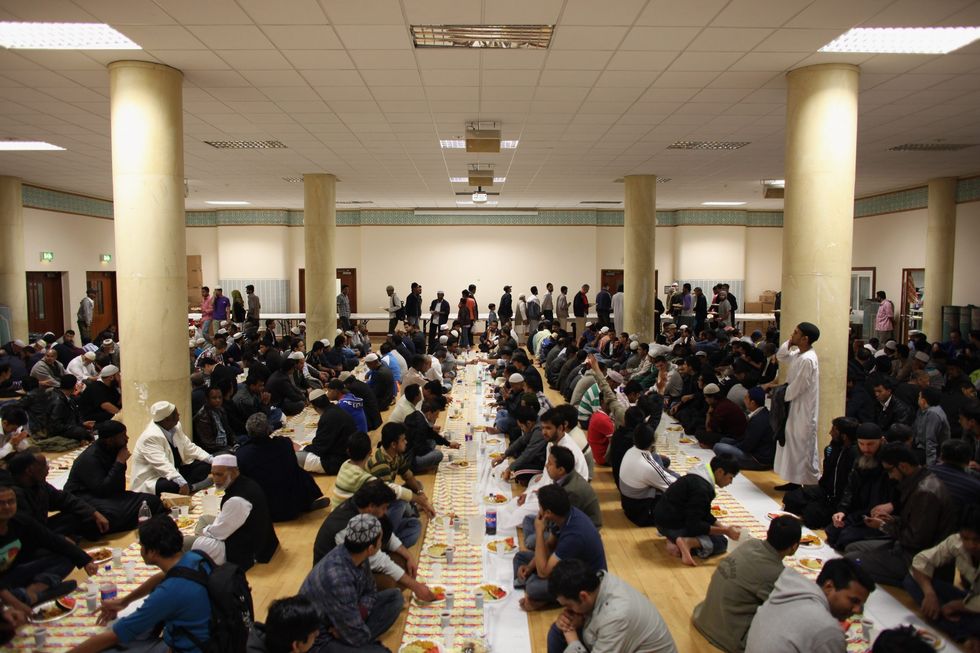
The Mayor spoke of how he has first-hand witness the togetherness his non-Muslim colleagues show towards those that are fasting.
“The great thing about your work colleagues, your friends, your neighbours, who are non-Muslims, is they take an interest and they make adjustments because they realise you're fasting obviously so can't do the lunch meetings so they make accommodations. I realised that one of the joys of London is our diversity. The fact that you can be whatever religion you want to be, whatever background, and you're still accepted.”
One of the key lessons of Ramadan is to get an idea of what it feels like for those living in poverty, without food, around the world. And Khan hopes that this Ramadan people are able to feel a sense of what those in war-torn countries are going though and give them their support.
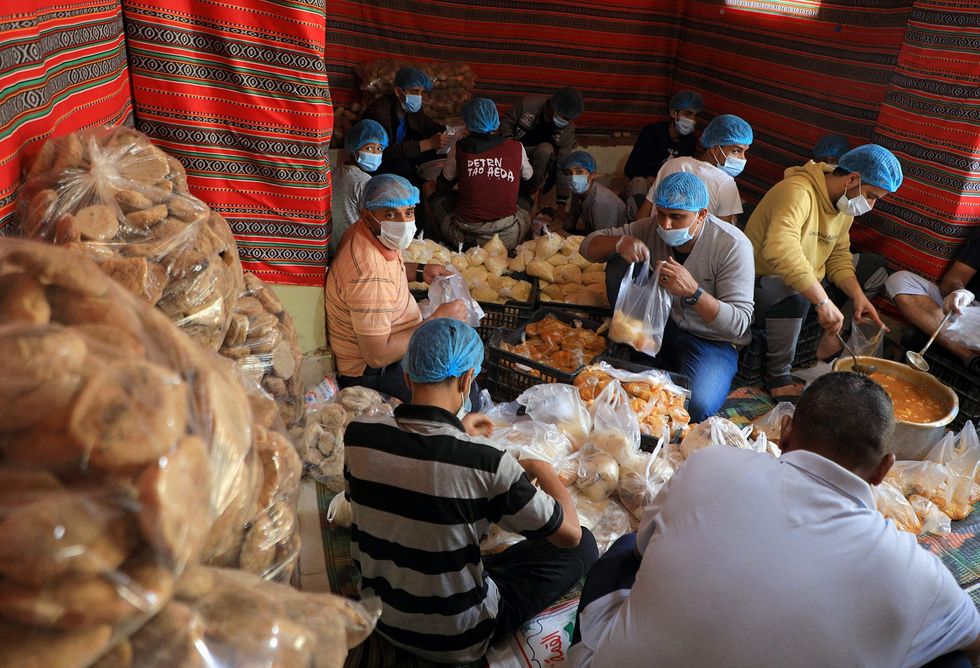
“It's a reminder that actually although you spent all day fasting to have a sense of what it's like to be poor and have no food. We're lucky we get to have a feast when it comes to open up fast but many people across the globe, think about the tragedies taking place in Yemen, Syria, Ukraine, Afghanistan, they won't get a feast like we do. And I try to remind my daughters of this during our iftars.”
